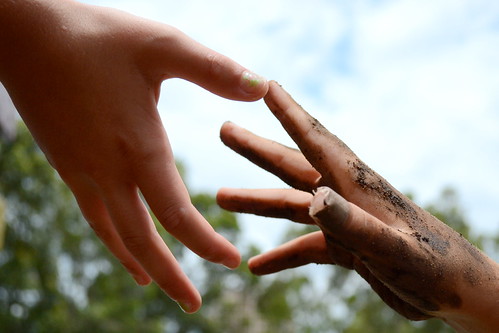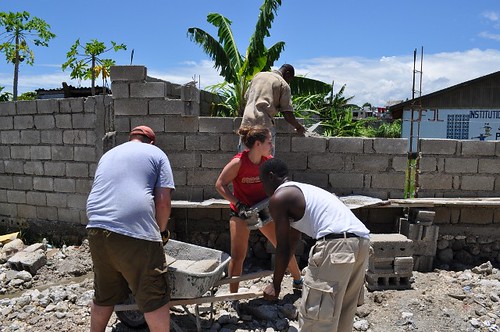Global Citizenship: Being A Global Citizen Of The World

We’re hearing about global citizens in the news every week it seems. But wait, what’s that I hear you say? You aren’t sure what global citizenship is? Allow me to educate you before we continue further. Here I shall explain to you in an easy, understandable way what it is that makes a citizen a global citizen of the world.
The basics
As you can probably guess by the title, a global citizen is about thinking outside of the boundaries of your nation and extending your idea of being a citizen to the whole world. This means taking on the concerns of not only your nation but your neighbor’s nation, and their neighbors and so on. The result: a world filled with people who are concerned and active about issues happening on our planet that affect the people of this planet.
How does this affect you?
You could live your life ignorantly with your head buried in the sand and pretend that there isn’t somebody (or a whole nation) out there that isn’t doing as well as you are, purely because they were not allowed access to the same benefits or even the same basic needs as you were.
But this is not a progressive way of thinking, and serves only to better the individual. This is one of the main ideas behind being a global citizen. Those in a developed country should break down the thought barriers that end at their countries shores, and extend this to other countries who are suffering poverty, hunger, and a lack of education.
What can you as a teacher do to help?
Being a teacher abroad hands us the opportunity to really be on the front line when it comes to getting involved in global citizenship. (Follow that link for more information on becoming a global citizen of the world.) We have the option for a more hands on approach than perhaps a cash donation.
-
Search the community you’re in
As a teacher in a new country there will be loads of things that you want to do and see. But why not search also for things you can do that really have an impact on the local community. Try researching for any orphanages or homeless shelters, perhaps even women’s shelters where you could deliver volunteer English classes, with education comes power to change.
-
Spread the good word
If you have classes that have a little more flexibility in regards to the content you teach then why not pounce upon this opportunity to educate the next generation about what it is to be a global citizen. There is a whole host of directions you could take this in; it could be as simple as delivering interesting classes to promote awareness. Or it could be more hands on, like setting up pen pals in other countries, sending Christmas cards to another class in another country, or getting involved in local volunteer work. The possibilities are endlessly creative. Of course always run these ideas by your management before executing them.
-
Live a global citizen lifestyle
Think about the lifestyle that you are leading whilst teaching abroad and the affect that you are having in your local environment. Try to be mindful of what you do and how you are living your life in your new country. Adopting an environmentally friendly lifestyle has an impact on the environment as a whole, which in turn has an impact on the people of this planet. Being a responsible global citizen means being mindful of the foods we eat, the transportation we use and the clothes we wear, to name a few.
Listed above are just a handful of ways that you can be a global citizen of the world, but really the possibilities are endless, not even for an overseas teacher, but for everybody. What needs to be taken away from this is that we are all neighbors in the world and all responsible for the welfare of each other.
Do you have any suggestions on how you contribute as a global citizen of the world? We’d love to hear from you!





